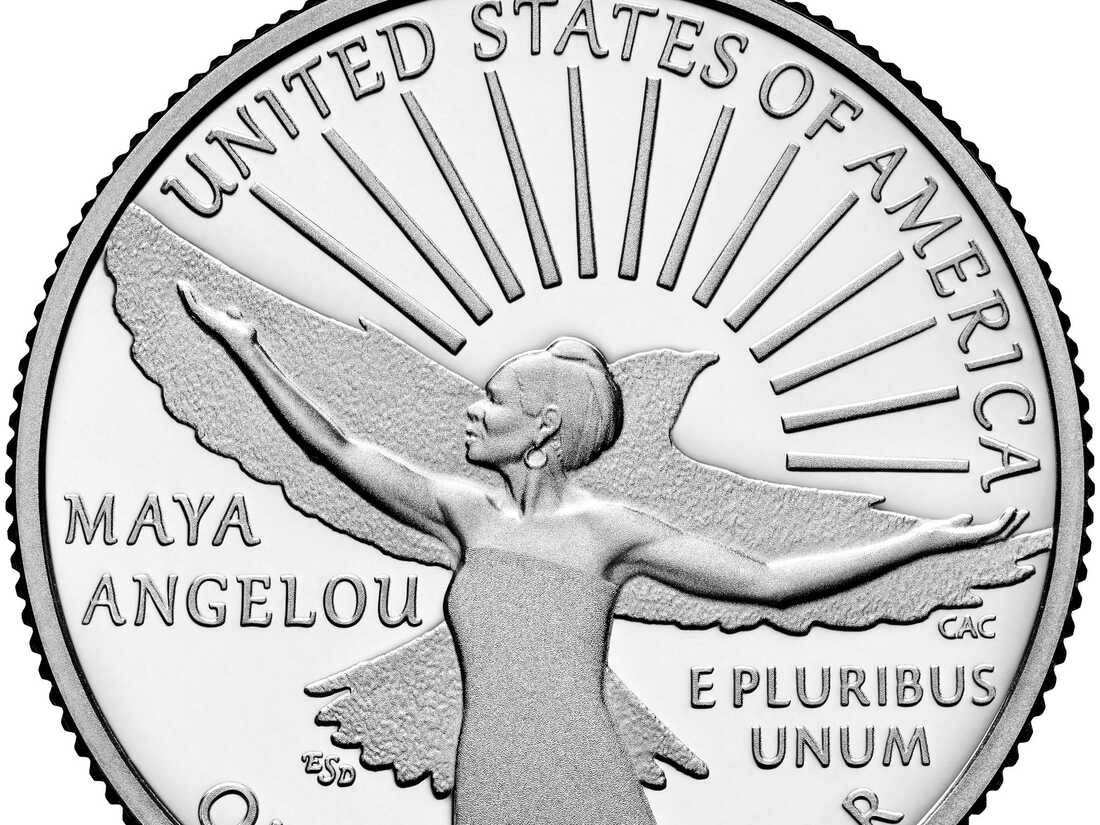
The US Mint announced that it has “begun shipping the first coins in the American Women Quarters (AWQ) Program.” And it all starts with the outstretched arms of poet Maya Angelou gracing the reverse of the quarter. The Mint writes:
A writer, poet, performer, social activist, and teacher, Angelou rose to international prominence as an author after the publication of her groundbreaking autobiography, “I Know Why the Caged Bird Sings.” Angelou’s published works of verse, non-fiction, and fiction include more than 30 bestselling titles. Her remarkable career encompasses dance, theater, journalism, and social activism. The recipient of more than 30 honorary degrees, Angelou read “On the Pulse of Morning” at the 1992 inauguration of President Bill Clinton.? Angelou’s reading marked the first time an African American woman wrote and presented a poem at a Presidential inauguration. In 2010, President Barack Obama awarded Angelou the Presidential Medal of Freedom, and she was the 2013 recipient of the Literarian Award, an honorary National Book Award for contributions to the literary community.
According to NPR, other honorees in the series will include “astronaut Sally Ride; actress Anna May Wong; suffragist and politician Nina Otero-Warren; and Wilma Mankiller, the first female principal chief of the Cherokee Nation. The coins featuring the other honorees will be shipped out this year through 2025.”
Related Content
Ursula K. Le Guin Stamp Getting Released by the US Postal Service
Flannery O’Connor to Grace New U.S. Postage Stamp
New Stamp Collection Celebrates Six Novels by Jane Austen
Maya Angelou Becomes the First Black Woman Featured on a U.S. Quarter is a post from: Open Culture. Follow us on Facebook and Twitter, or get our Daily Email. And don't miss our big collections of Free Online Courses, Free Online Movies, Free eBooks, Free Audio Books, Free Foreign Language Lessons, and MOOCs.
from Open Culture https://ift.tt/3fe0u2H
via Ilumina
Comments
Post a Comment